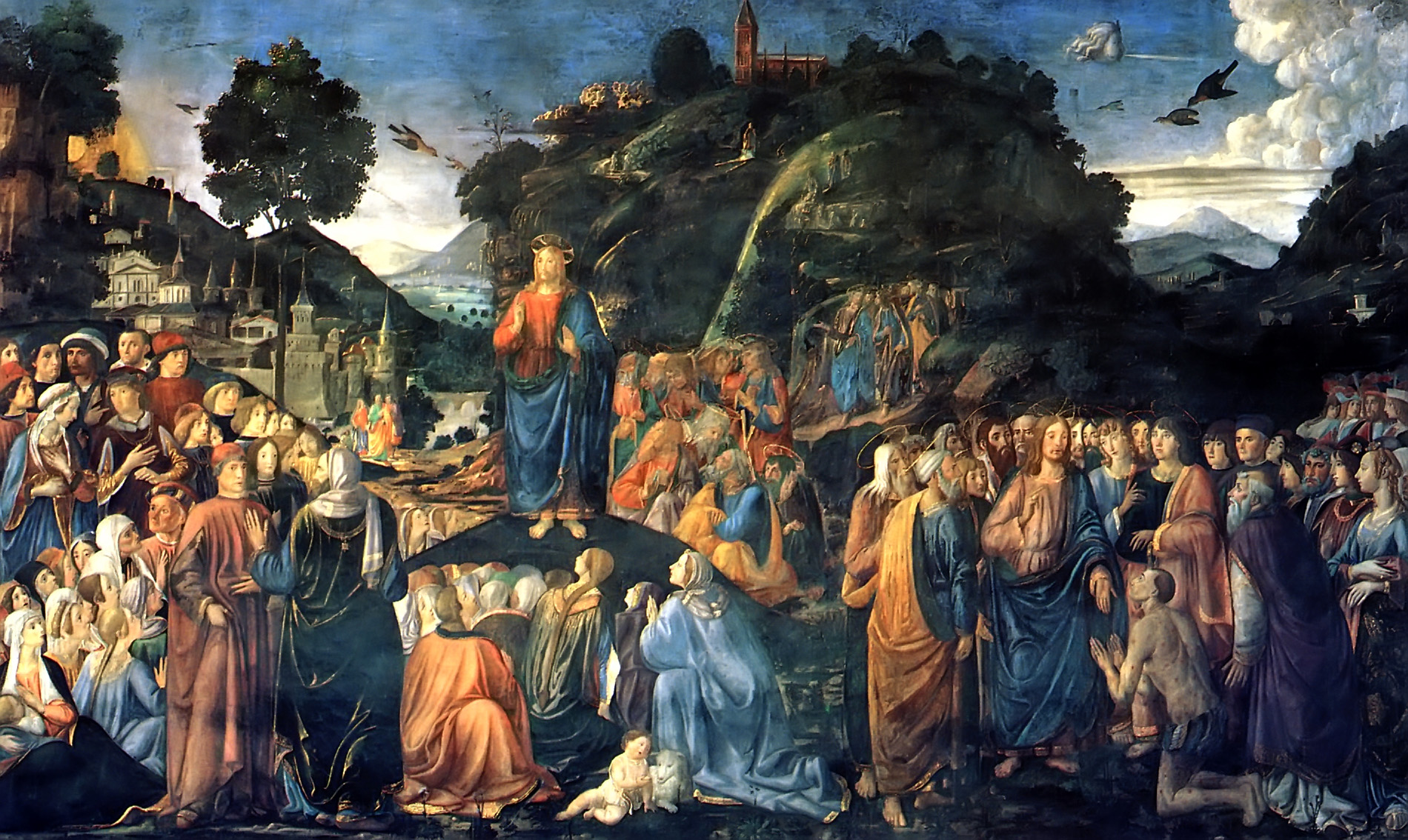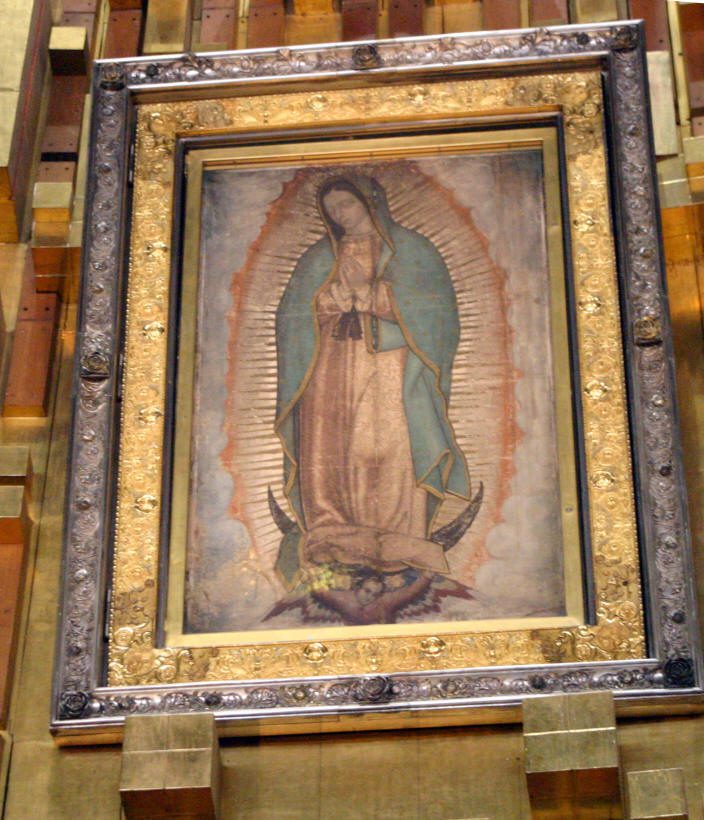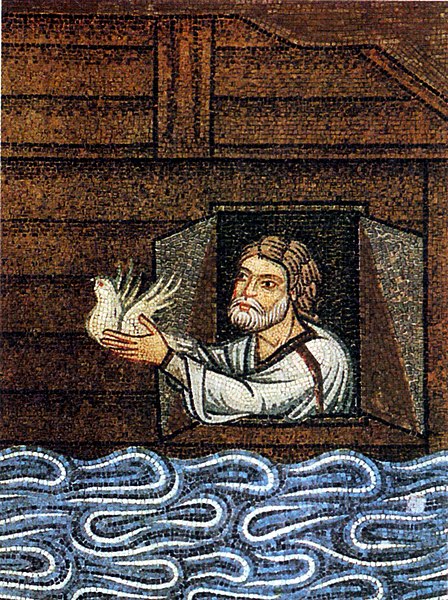Brother Matthew Desme - still running to win
In his first letter to the Corinthians, St. Paul wrote
Do you not realise that, though all the runners in the stadium take part in the race, only one of them gets the prize? Run like that -- to win.
Every athlete concentrates
completely on training, and this is to win a wreath that will wither,
whereas ours will never wither.
So that is how I run, not without a clear goal; and how I box, not wasting blows on air.
I punish my body and bring
it under control, to avoid any risk that, having acted as herald for
others, I myself may be disqualified.
Ever since, the Church has pointed to athletes as models for those seeking to advance in the spiritual life. Lately, it seems there's a mini-trend of professional athletes leaving sports behind to enter religious life. Here are the stories of three of these: Brother Matthew Desme, formerly of the Oakland A's, Eric Mahl, formerly of the NY Jets, and Chase Hilgenbrinck, formerly of the New England Revolution of the MLS.




 "
"


